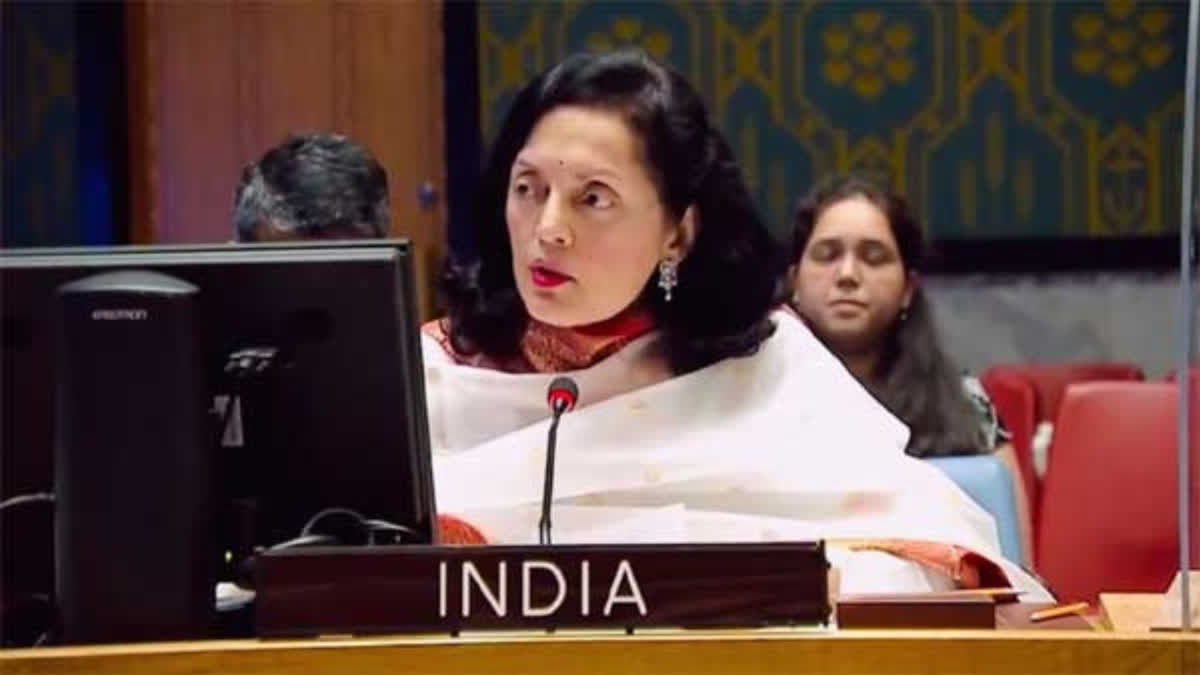United Nations : India has said it shares the collective angst of countries of the Global South that they have no voice at the UN Security Council high-table on core issues concerning them, as it joined nations in stressing that a representative UNSC is required to deal with the proliferation of global crises.
Several aspects of the United Nations system urgently require reform. Among these, the reform of the UN Security Council was identified as a critical and immediate priority, India's Permanent Representative to the UN Ambassador Ruchira Kamboj said. "In spite of that collective call, we have had no results to show so far. Why? Kamboj asked.
Addressing the annual UN General Assembly Plenary Thursday on Question of equitable representation on and increase in the membership of the Security Council', Kamboj said "as a member of the Global South, we share its collective angst that on issues of core concern to the South, we have no voice at the high table.
She noted that 164 member states have joined in calling for a concrete text to serve as the foundation for negotiations on UNSC reform. This resounding support emphasises that any further delay in Security Council reform exacerbates its representational deficit. Representation, which stands as the unassailable prerequisite for both legitimacy and effectiveness, Kamboj said.
At present, the UNSC comprises five permanent members and 10 non-permanent member countries which are elected for a two-year term by the General Assembly of the UN. The five permanent members are Russia, the UK, China, France and the United States and these countries can veto any resolution.
Kamboj voiced concern that 15 years since the inception of the Inter Governmental Negotiations on UNSC reforms, the dialogue between member states remains largely confined to exchanging statements, speaking at, rather than with each other."
"No negotiating text. No time frame. And no defined end goal. We turn up each, year make statements and go back to the drawing board," Kamboj said.
Further, she said the argument of consensus is pushed by the naysayers. That even before we begin text-based negotiations we must all agree on everything. Surely, we cannot have a more extreme case of putting the cart before the horse, Kamboj said.
